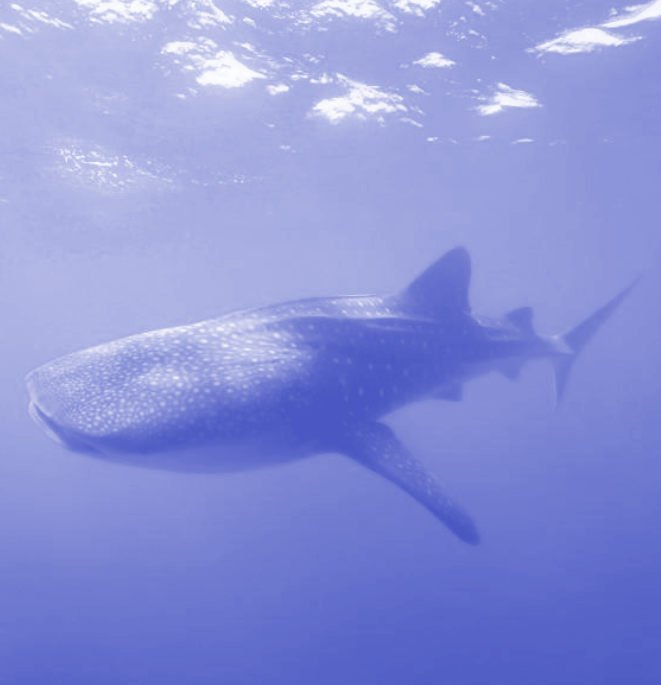Whale shark sessions watched
 New technology has been used to track the effects of whale shark tourism.
New technology has been used to track the effects of whale shark tourism.
A study conducted at WA’s Ningaloo Reef used tracking technology likened to a 'fitbit' for sharks, to monitor whale sharks' responses to tourism activities.
The research offers insights into the impact of tourism on these marine giants, affirming the sustainable practices of local operators in a thriving industry valued at approximately US$1.9 billion worldwide.
Dr Brad Norman, a research fellow at Murdoch University's Harry Butler Institute and director of ECOCEAN, along with Dr Samantha Reynolds from The University of Queensland, led the study.
They used biotelemetry devices to tag and track whale sharks, marking a significant advancement over traditional observational methods.
“We used biotelemetry to look at whale sharks’ movement and behaviour in the presence or absence of tourists,” explained Dr Norman.
The findings, published in the Journal of Sustainable Tourism, reveal that interactions with tourists, lasting on average just over an hour, had minimal impact on the sharks, particularly larger ones over seven metres.
Despite some increases in activity levels and changes in direction when in close proximity to tourists, the exposure of each shark to these interactions was found to be very limited.
“We know from photo-identification records, that most sharks are only seen on three or fewer days per year at Ningaloo, so each individual’s exposure to tourism is really limited,” Dr Norman said.
This insight underscores the effectiveness of current tourism management practices at Ningaloo Reef, hailed as the ‘gold standard’ in global whale shark tourism.
“Given they only spent an average of 62 minutes swimming with tourists, that’s about 4 per cent of their whole day, so any increases in energy it requires would be a relatively small proportion of their daily energetic costs,” said Dr Reynolds.
The research not only validates the sustainable approach of Australian whale shark tourism operators but also serves as a valuable lesson for wildlife tourism management worldwide.
However, the study also acknowledges the variability in whale shark tourism practices globally, with some regions lacking stringent regulations, leading to overcrowding and unnatural feeding practices to attract sharks.
Dr Norman emphasises the importance of learning from Ningaloo's model, saying; “This makes it really important – and presents a huge opportunity – for the global industry to see what we’re doing at Ningaloo and learn from it”.







 Print
Print